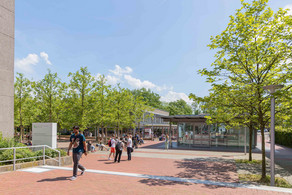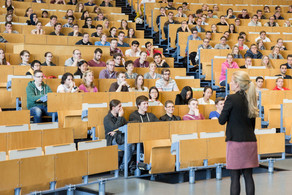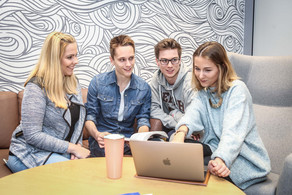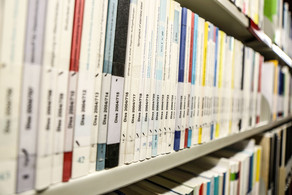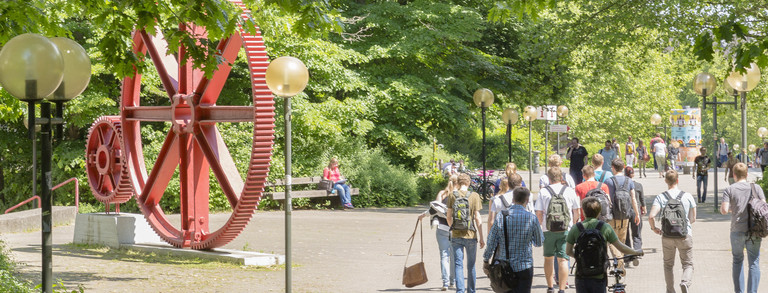Lukas Brandt
Research
What is the learning output of competitive vs. cooperative classroom discussions? A quasi-experimental video study in politics lessons as part of a doctoral project
Arguing is for political learning processes of particular importance (Gronostay, 2019). Among other things, it serves to develop communicative political ability to act and democratic conflict resolution. However, there is a research desideratum as to whether and under what conditions discussion-oriented methods actually promote the pupils' ability to make political judgments. The video study aims to find out to what extent judgment competence (Detjen, 2012) can be promoted through the use of cooperative and competitive discussion formats (Johnson, 2015) in political education and how the use of a structuring aid affects this process. For this purpose, the same learning unit with different discussion methods is carried out and videographed in several school classes. Further data are collected from pupils using questionnaires and workbooks. In addition, the oral arguments are coded with regard to their quality. The data are evaluated quantitatively.
Detjen, J., Massing, P., Richter, D., & Weißeno, G. (2012). Politikkompetenz – ein Modell. Wiesbaden: Springer Fachmedien. | Gronostay, D. (2019). Argumentative Lehr-Lern-Prozesse im Politikunterricht. Eine Videostudie. Wiesbaden: Springer VS. | Johnson, D. W. (2015). Constructive Controversy. Theory, Research, Practice. Cambridge: Cambridge University Press.

